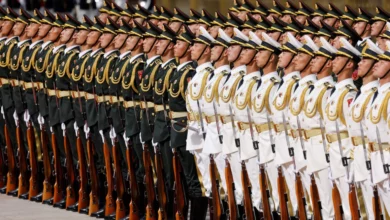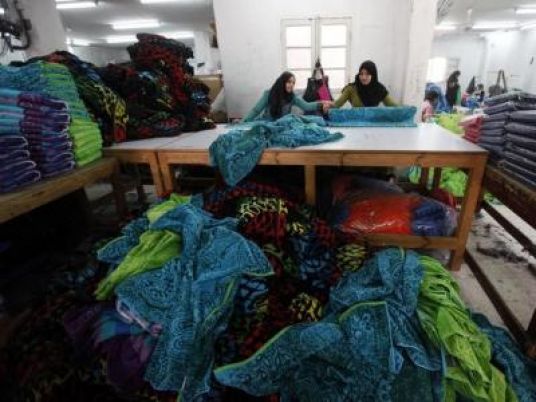
The Pacific Island nation of Nauru on Monday announced it had severed diplomatic relations with Taiwan and established ties with China, a decision confirmed by Taiwan’s Foreign Ministry.
The move is the latest blow to Taiwan’s efforts to retain its dwindling number of diplomatic allies, and comes just two days after Taiwan’s voters defied China’s threats to elect a new president loathed by Beijing.
Lai Ching-te, the current vice president and a staunch defender of Taiwan’s distinct identity and sovereignty, won the presidential election on Saturday, handing the ruling Democratic Progressive Party (DPP) a historic third straight term.
Beijing had repeatedly warned Taiwan’s voters that his election would increase the risk of conflict.
China’s ruling Communist Party views Taiwan as its own territory, despite having never controlled it, and has ramped up diplomatic pressure on Taipei in recent years, including by poaching its allies.
During the DPP’s eight years in power, Taiwan has lost 10 diplomatic allies to China.
On Monday, Taiwan’s Foreign Ministry condemned China in “the strongest possible terms” for Nauru’s diplomatic switch, which it said came at “a key moment” following the presidential election.
“China’s move is to suppress Taiwan’s democratic achievements,” Taiwan’s Deputy Foreign Minister Tien Chung-kwang told reporters.
Tien added that the severance of ties was a “very sudden move” by the Nauru government, which had congratulated Lai’s presidential victory over the weekend.
Tien said Taiwan will immediately suspend all official interactions with Nauru “to defend national dignity,” including closing its embassy and asking the Pacific Island nation to close its embassy in Taiwan.
Tien also claimed that Taiwan’s Foreign Ministry had received information that Chinese officials had courted politicians in Nauru with offers of economic assistance.
He refused to put a figure on the alleged inducement, but said it was “beyond what we are able to assist our diplomatic allies with.”
In a regular news briefing Monday, a Chinese Foreign Ministry spokesperson did not divulge whether Beijing had pledged financial aid to Nauru, but welcomed its move.
“It is Nauru’s right decision made on its own volition as an independent sovereign nation to announce its recognition of the one-China principle, its severance of ties with Taiwan and resumption of diplomatic relations with China after Taiwan’s election,” spokesperson Mao Ning said. “This also shows that the one-China principle is a general trend and the common aspiration of the people.”
This is the second time Nauru has severed diplomatic relations with Taiwan. The Pacific Island country first cut ties in 2002, followed by a resumption in 2005.
The Nauru government said its resumption of diplomatic relations with China was “in the best interests” of the country and its people.
“This means that the Republic of Nauru will no longer recognize the Republic of China (Taiwan) as a separate country but rather as an inalienable part of China’s territory, and will sever ‘diplomatic relations’ with Taiwan as of this day and no longer develop any official relations or official exchanges with Taiwan,” it said in a statement.
Nauru’s switch of allegiance leaves Taiwan with only 12 diplomatic allies, mostly small nations in the Pacific Ocean and Latin America, and the Vatican.
Nauru’s announcement came as an unofficial US delegation reaffirmed “rock solid” US support for Taiwan during a visit to the island to meet its current and incoming presidents.
Washington cut formal ties with Taiwan in 1979 after switching diplomatic recognition from Taipei to Beijing.
But since then, the US has maintained close unofficial ties with Taiwan and is bound by law to provide the island with the means to defend itself.
Many other Western nations, including several in Europe, have also retained informal relations with Taipei in the guise of trade offices.
Analysts say these unofficial relationships with powerful Western nations are in many ways more consequential than the official diplomatic ties it maintains with a handful of smaller countries.
However, formal diplomatic relations allow those countries to advocate on behalf of Taiwan in international bodies that the island is locked out of, such as the United Nations.
This story has been updated with additional information.




